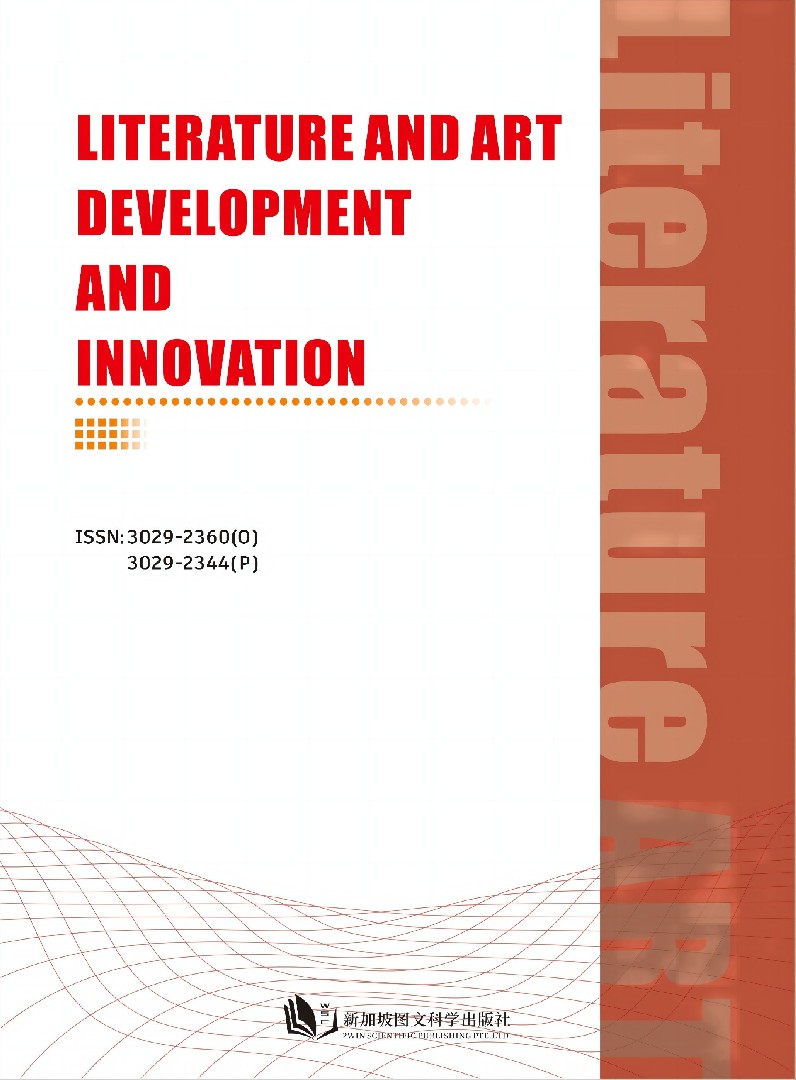作者
Feiyi Wang
文章摘要
Lu Xun,a great litterateur,thinker and revolutionist of contemporary China who is also honored as our“National Soul”by the Chinese people.He used pen as his weapon to fight against the dark era he lived in,and during this process he produced many articles and essays that have been past or read by Chinese people from generations to generations.Besides essays and articles,his poems are also influential to the whole nation and even to the world though they are not so many in number.As Lu Xun’s influence in the world become greater and greater,more and more scholars and experts from both China and foreign countries try to translate his articles and poems into other foreign languages.Among various English versions of“Lu Xun’s Classical-style Poetry,this essay will choose W.J.F.Jenner’s version,Jon Eugene von Kowallis’version and Huang Xinqu’s version to do comparative study.Meanwhile,this study will be carried out in the theory of domestication and foreignization.In the theory of domestication and foreignization,the role of the original author and target readers are different:Domestication is an reader-oriented translation strategy,Foreignization is an author-oriented translation strategy.Through comparative study,it’s not difficult to find that there must be their own characteristics in the selection of translation strategies.Therefore,this essay will do comparative studies of three English versions of the translation of“Lu Xun’s Classical-style Poetry”based on the theory of domestication and foreignization from lexical,syntactical and rhetorical aspects to give an elaborate analysis,three translations of the same original poem will be chosen as an example to do comparative studies from one aspect.In the end the conclusion is drawn that during translation process,translators should try to combine domestication with foreignization.In this way not only the national features are remained in the translated version but also the translations can be easily accepted by target readers.
文章关键词
Lu Xun’s Classical-style Poetry; Domestication; Foreignization; Version Comparison
参考文献
[1] Huang Hsin-chyu. Poems of Lu Hsun. Translated and noted by Huang Hsin-chyu [M]. Hong Kong: Joint Publishing Co., 1979.
[2] Schleiermache. F. On the Different Methods of Translating. Western Translation Theory: From Herodotus to Nietzsche[M]. Beijing: Foreign Language Teaching and Research Press, 2006.
[3] Venuti Lawrence. The Translators’ Invisibility: A History of Translation [M]. London and New York: Routledge, 1995.
[4] Yang Xianyi, Tayler, Gladys B. Lu Xun : Call to Arms[M]. Beijing: Foreign Language Press, 1981.
[5] Hong Xingzu. Chuci Bu Zhu[M]. Beijing:Zhonghua Book Company, 1983.
[6] Huang Xinqu. “Exploration on the Translation of Traditional Chinese Poetry”[J]. Chinese Translators Journal, 1986,(1): 30-34.
[7] Kowallis, Jon Eugene “ An Overview of the Various Exegeses of Lu Xun’s Old-style Poetry and its Translation to English”[J]. Lu Xun Research Monthly, 2004, (4): 72-82.
[8] Kowallis, Jon Eugene(Translator), Huang, Qiaosheng (Editor). Lu Xun’s Classical-style Poetry: A Bilingual Version [M]. Shenyang: Northern United Publishing & Media (Group) Company Limited, Chunfeng Literature and Art Publishing House, 2016.
[9] Lu Xun (Author); W.J.F.Jenner (Translator). Lu Xun Selected Poems: Chinese-English)[M]. Beijing:Foreign Language Press, 2016.
[10] Luo Tian. “A Deep Exploration and Great Evolution Between the Old and New—A Study on the Creation of Lu Xun’s Classical-Style Poetry” [J]. Literature Education, 2023(5): 28-30.
[11] Tan Zaixi. A Brief History of Western Translation[M]. Beijing: The Commercial Press, 1991.
[12] Xu Shouchang. The Impression of Lu Xun— My Dead Friend [M]. Beijing: People’s Literature Press, 1953.
[13] Xu Yuanchong. “Being Glad to Read Poems of Lu Hsun”[J].Foreign Language Teaching and Research, 1981,(3):
42-48.
[14] Yu Xiaozhi; Gao Jiaying. “The Silent Rock Symbolizes my Sincerity: The Aesthetic Features of Lu Xun’s Classical-style Poetry”[J]. Dongyue Tribune,2021, (12): 73-81.
[15] Zhou Wei. “Unique Talents, Influential Thoughts—A Study on Translator Huang Xinqu”[J], Overseas English, 2020,(14): 74-75.
[16] Net.1: Why did Lu Xun give up majoring in Clinical Medicine to Literature Besides Well-Known Factors?https://baijiahao.baidu.com/s?id=1630233441380451657&wfr=spider&for=pc
[17] Net.2: “Notes on Lu Xun’s Classical-style Poetry(A Book Published by Jiangsu Education Press in 2006)”—Baidu.com.https://baike.baidu.com/item/%E9%B2%81%E8%BF%85%E8%AF%97%E6%AD%8C%E6%
B3%A8/9832352?fr=ge_ala
[18] Net.3: “ How does the Classic Journey to the West Spread to the World?”http://www.china.org.cn/chinese/2023-01/30/content_85080126.htm
Full Text:
DOI
